Description
GW-501516, also known as Cardarine, is not a SARM but a PPAR-delta agonist. It was developed to improve endurance, enhance fat burning, and support cardiovascular health. Cardarine is popular among athletes and bodybuilders for its ability to boost stamina and metabolic efficiency without directly impacting muscle tissue like SARMs or anabolic steroids do.
Key Features of GW-501516 (Cardarine)
- Mechanism of Action:
- GW-501516 activates the PPAR-delta pathway, which is a type of nuclear receptor in cells involved in energy metabolism. By activating PPAR-delta, Cardarine increases the body’s ability to burn fat for energy and improves endurance by enhancing the efficiency of mitochondrial activity (the cell’s energy production centers).
- Potential Benefits:
- Enhanced Endurance and Stamina: Cardarine is known for increasing endurance, making it a favorite for athletes in endurance sports like running and cycling.
- Fat Loss: By enhancing the body’s fat-burning capacity, Cardarine may aid in reducing body fat and improving lean muscle definition.
- Improved Cardiovascular Health: GW-501516 has shown promise in research for improving blood lipid profiles (e.g., lowering LDL cholesterol and increasing HDL cholesterol), which could support cardiovascular health.
- Dosage and Cycle Recommendations:
- Typical Dosage: 10-20 mg per day, with 10 mg being common for beginners and 20 mg for advanced users.
- Cycle Length: 8-12 weeks, often followed by a break to avoid potential long-term side effects.
- Timing: Usually taken once per day due to its long half-life of around 16-24 hours.
- Side Effects and Risks:
- Potential Cancer Risk: Early studies on Cardarine raised concerns about increased cancer risk in lab animals when used at very high doses for extended periods. While these results were dose-dependent and haven’t been conclusively shown in humans, this risk has made Cardarine a controversial compound.
- Digestive Issues: Some users report mild gastrointestinal discomfort.
- No Hormonal Suppression: Unlike SARMs, Cardarine doesn’t impact testosterone or estrogen levels, so it doesn’t require post-cycle therapy (PCT).
- Legal and Research Status:
- Cardarine is not FDA-approved for human use and is banned by WADA (World Anti-Doping Agency) due to its performance-enhancing effects. It remains classified as a research chemical, and its long-term safety profile in humans is not fully understood.
Cardarine does not affect hormone levels, so it doesn’t lead to testosterone suppression or require post-cycle therapy (PCT). This makes it appealing to users who want performance enhancement without hormonal disruptions.
The main concern with Cardarine is a potential cancer risk observed in early animal studies, where high doses over long periods led to tumor growth. Although the relevance to humans at typical doses is debated, it remains a risk. Cardarine may also cause mild digestive issues but doesn’t typically affect hair, skin, or prostate tissue.
Summary
GW-501516 (Cardarine) is valued for its endurance-boosting and fat-burning effects, making it popular among those looking to improve athletic performance and metabolic efficiency. However, due to concerns about potential cancer risk from early animal studies, users approach it cautiously, often sticking to lower doses and shorter cycles.





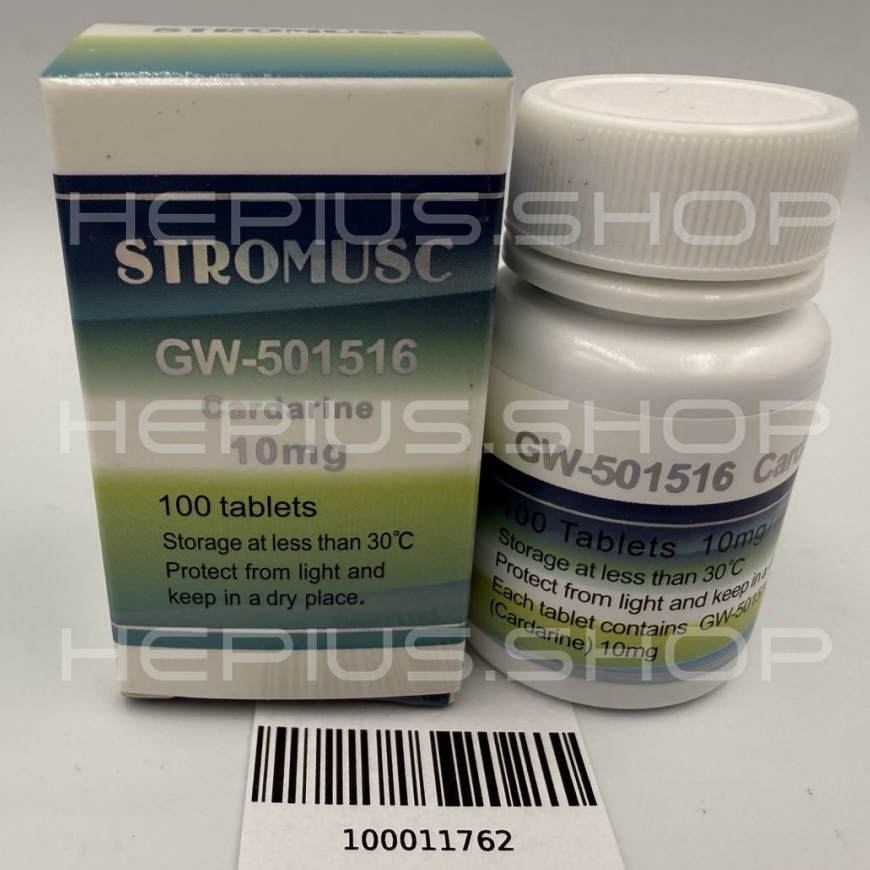
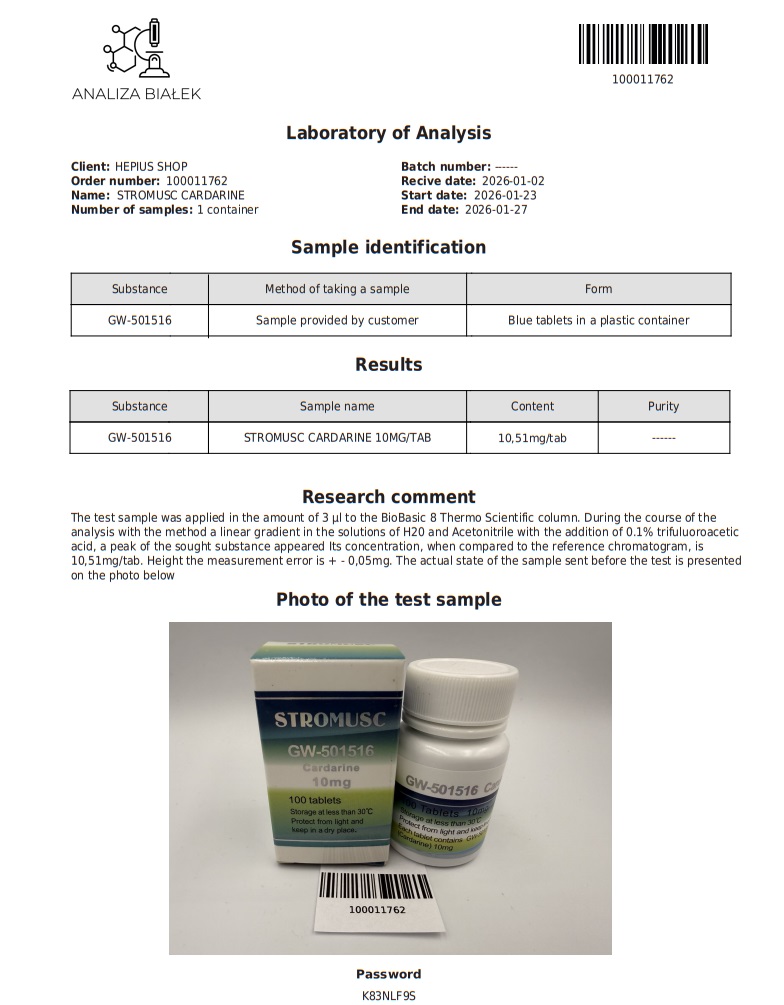
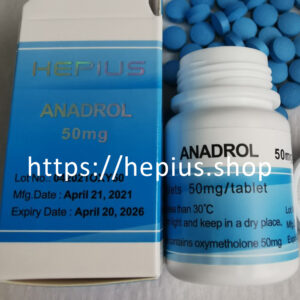
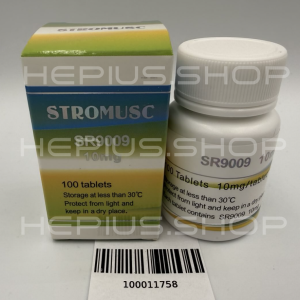
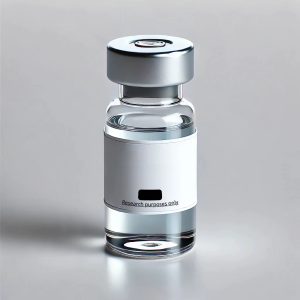
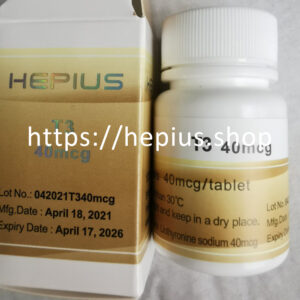
Reviews
There are no reviews yet.